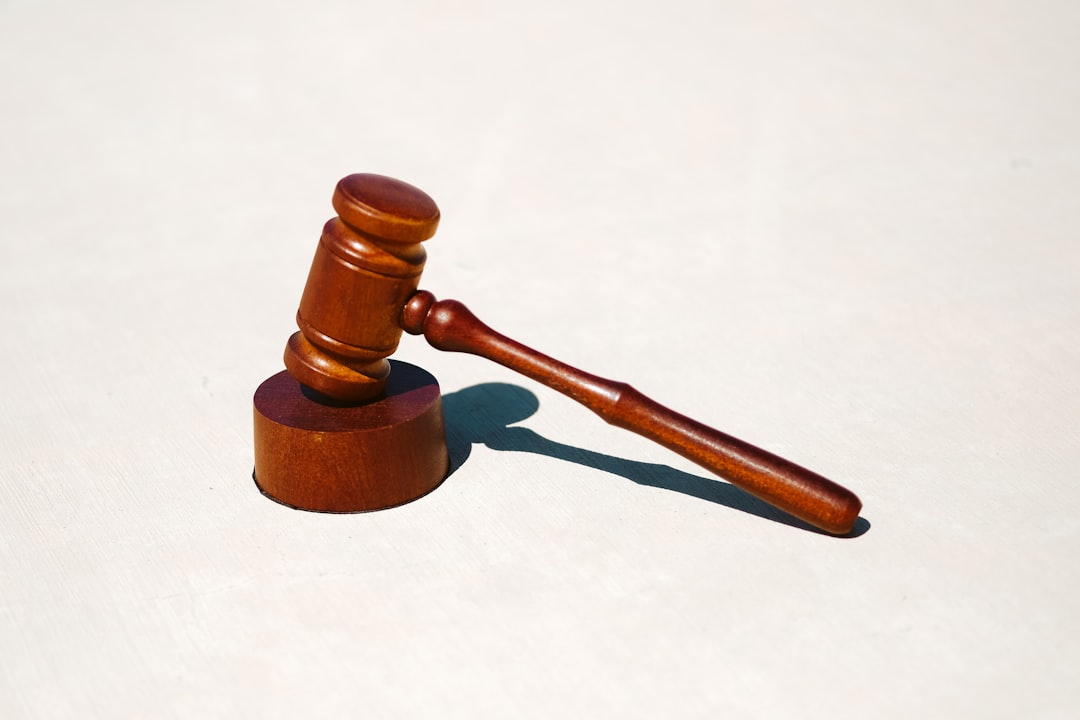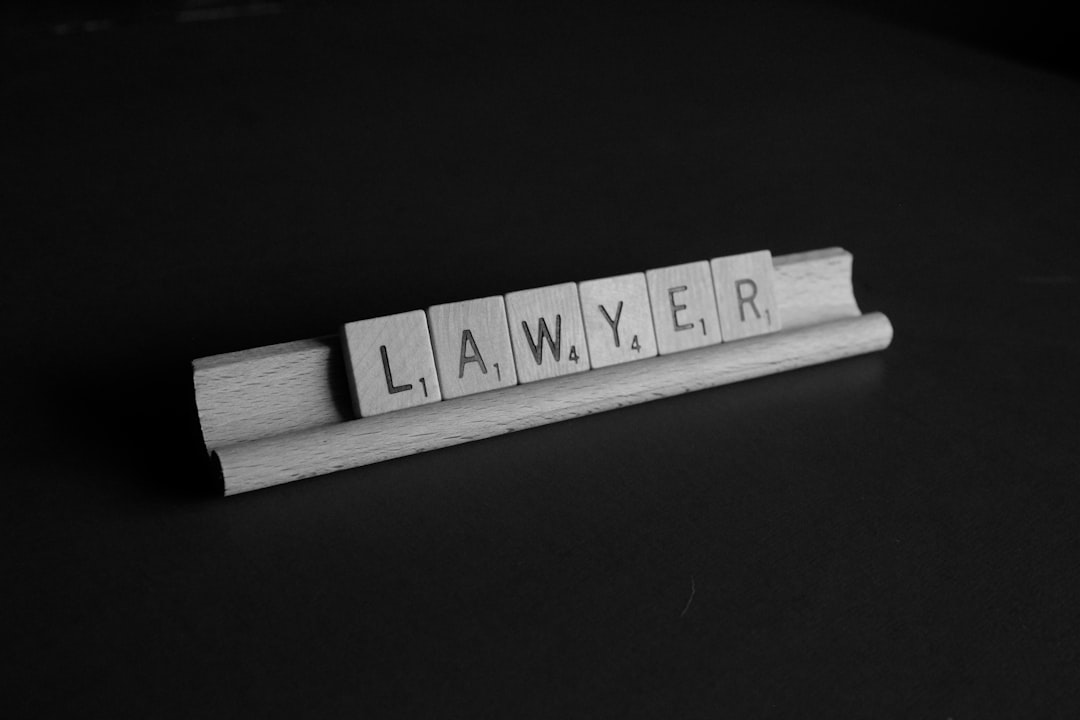In South Carolina, defending against rape allegations is a complex and delicate process. This article guides you through navigating the legal landscape, starting with an understanding of the state’s rape laws and definitions. We explore the critical role of a specialized rape lawyer in South Carolina courts, delving into their expertise in handling such sensitive cases. Additionally, we provide insights into building a robust defense strategy, potential outcomes, and available resources for accused individuals.
Understanding the Legal Landscape: South Carolina's Rape Laws and Definitions

In South Carolina, rape is defined as a sexual act committed without the consent of the victim. A rape lawyer in South Carolina will tell you that the law includes various forms of non-consensual intercourse, including forcible sodomy and sexual battery. The state’s legal landscape regarding rape is nuanced, with strict guidelines on what constitutes consent and severe penalties for convicted offenders.
Understanding consent is key to navigating these laws. South Carolina recognizes that consent must be freely given, voluntary, and enthusiastic. A rape lawyer will emphasize that absence of explicit ‘no’ or physical resistance doesn’t necessarily mean consent was given. This aspect plays a significant role in defending against rape allegations, making it crucial for those charged to seek legal counsel from an experienced rape lawyer in South Carolina who can guide them through the complexities of these laws.
The Role of a Rape Lawyer: Navigating the Court System in SC

In the complex landscape of South Carolina’s legal system, a Rape Lawyer plays a pivotal role in advocating for the rights of those accused. These attorneys are adept navigators of the court process, guiding their clients through the intricate web of procedures and regulations unique to sexual assault cases. With meticulous attention to detail, they ensure every aspect of the case is handled with sensitivity and expertise, protecting the legal interests of their accused clients.
A Rape Lawyer in South Carolina isn’t just about challenging evidence; it’s about understanding the emotional and psychological toll on the defendant. They foster a safe, supportive environment, helping their clients cope with the stress of the legal process while building a robust defense strategy. By leveraging their knowledge of state laws and court procedures, these lawyers strive to achieve the best possible outcome for their accused individuals, ensuring fairness and justice in every step of the judicial journey.
Building a Defense Strategy: Challenges and Potential Outcomes

Building a defense strategy in a rape case in South Carolina presents unique challenges. A rapes lawyer in South Carolina must navigate complex legal and evidentiary requirements, often with time-sensitive deadlines. The initial step involves gathering all relevant evidence, including medical records, witness statements, and any potential alibis or character evidence that could undermine the complainant’s allegations.
Potential outcomes vary widely based on the strength of the evidence and procedural choices. A skilled rape lawyer can explore motions to suppress evidence, challenge the admissibility of testimony, or negotiate a plea bargain. The goal is to secure the best possible outcome for the accused, which may range from dismissal of charges to a reduced sentence, depending on the circumstances of the case and the strategic decisions made along the way.
Resources and Support for Accused Individuals in South Carolina

In South Carolina, accused individuals facing rape allegations have access to various resources and support systems. Legal aid organizations offer services tailored for those charged with sexual assault, including providing a dedicated rapes lawyer South Carolina to navigate complex legal procedures. These lawyers ensure fair representation and help build a robust defense strategy.
Support groups and counseling services are also available for accused persons, offering a safe space to process emotions and receive guidance from peers who have gone through similar experiences. Such resources aim to empower individuals throughout the legal process, ensuring they have the necessary tools to defend themselves effectively while prioritizing their well-being.






